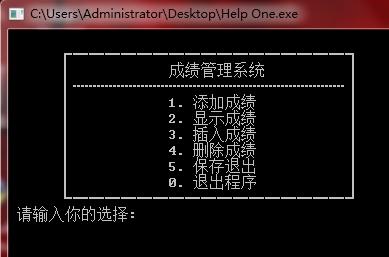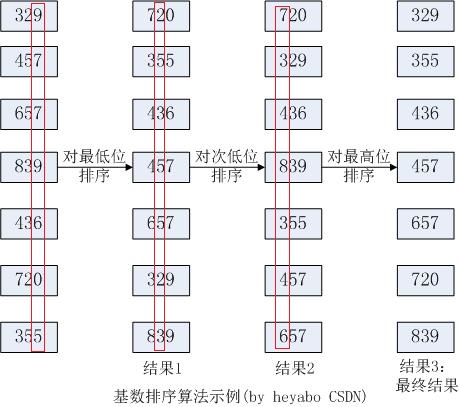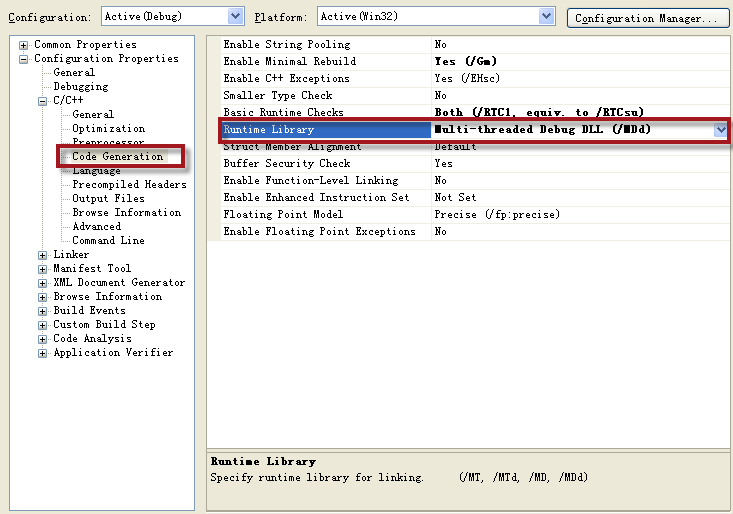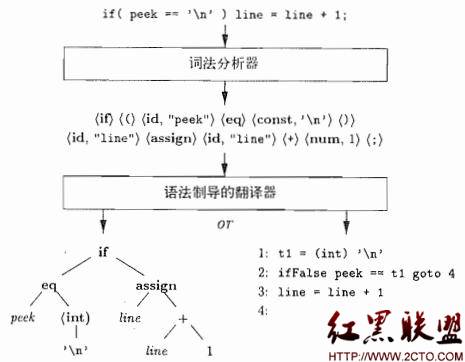poll调用深入解析
poll调用和select调用实现的功能一样,都是网络IO利用的一种机制。先看一下poll的调用形式
一,poll调用
[cpp]
#include <poll.h>
int poll(struct pollfd fds[], nfds_t nfds, int timeout);
struct pollfd结构如下:【在源码文件poll.h文件中】
[cpp]
struct pollfd {
int fd;
short events;
short revents;
};
这个结构中fd表示文件描述符,events表示请求检测的事件,revents表示检测之后返回的事件,如果当某个文件描述符有状态变化时,revents的值就不为空。
二,参数说明
fds:存放需要被检测状态的Socket描述符;与select不同(select函数在调用之后,会清空检测socket描述符的数组),每当调用这个函数之后,系统不会清空这个数组,而是将有状态变化的描述符结构的revents变量状态变化,操作起来比较方便;
nfds:用于标记数组fds中的struct pollfd结构元素的总数量;
timeout:poll函数调用阻塞的时间,单位是MS(毫秒)
三,返回值
大于0:表示数组fds中有socket描述符的状态发生变化,或可以读取、或可以写入、或出错。并且返回的值表示这些状态有变化的socket描述符的总数量;此时可以对fds数组进行遍历,以寻找那些revents不空的socket描述符,然后判断这个里面有哪些事件以读取数据。
等于0:表示没有socket描述符有状态变化,并且调用超时。
小于0:此时表示有错误发生,此时全局变量errno保存错误码。
四,内核实现
poll系统调用的内核实现是sys_poll,其代码如下:
[cpp]
asmlinkage long sys_poll(struct pollfd __user *ufds, unsigned int nfds,
long timeout_msecs)
{
s64 timeout_jiffies;
int ret;
if (timeout_msecs > 0) {
#if HZ > 1000
/* We can only overflow if HZ > 1000 */
if (timeout_msecs / 1000 > (s64)0x7fffffffffffffffULL / (s64)HZ)
timeout_jiffies = -1;
else
#endif
timeout_jiffies = msecs_to_jiffies(timeout_msecs);
} else {
/* Infinite (< 0) or no (0) timeout */
timeout_jiffies = timeout_msecs;
}
ret = do_sys_poll(ufds, nfds, &timeout_jiffies);
if (ret == -EINTR) {
struct restart_block *restart_block;
restart_block = ¤t_thread_info()->restart_block;
restart_block->fn = do_restart_poll;
restart_block->arg0 = (unsigned long)ufds;
restart_block->arg1 = nfds;
restart_block->arg2 = timeout_jiffies & 0xFFFFFFFF;
restart_block->arg3 = (u64)timeout_jiffies >> 32;
ret = -ERESTART_RESTARTBLOCK;
}
return ret;
}
这个函数还是比较容易理解,包括三个部分的工作:
函数调用超时阻塞时间转换,根据内核的软时钟设置频率将超时时间设置为jiffies标准时间。
调用do_sys_poll,这里完成主要的工作。
如果当前进程有待处理的信号,则先处理信号,这是根据do_sys_poll返回来决定的,事实上在这个调用中会检查当前的进程是否有未处理信号,如果有,就会返回EINTR以处理信号,然后返回-ERESTART_RESTARTBLOCK,这会导致重新调用。
进入到do_sys_poll函数中
[cpp]
int do_sys_poll(struct pollfd __user *ufds, unsigned int nfds, s64 *timeout)
{
struct poll_wqueues table;
int err = -EFAULT, fdcount, len, size;
/* Allocate small arguments on the stack to save memory and be
faster - use long to make sure the buffer is aligned properly
on 64 bit archs to avoid unaligned access */
long stack_pps[POLL_STACK_ALLOC/sizeof(long)];
struct poll_list *const head = (struct poll_list *)stack_pps;
struct poll_list *walk = head;
unsigned long todo = nfds;
if (nfds > current->signal->rlim[RLIMIT_NOFILE].rlim_cur)
return -EINVAL;
len = min_t(unsigned int, nfds, N_STACK_PPS);
for (;;) {
walk->next = NULL;
walk->len = len;
if (!len)
break;
if (copy_from_user(walk->entries, ufds + nfds-todo,
sizeof(struct pollfd) * walk->len))
goto out_fds;
todo -= walk->len;
if (!todo)
break;
len = min(todo, POLLFD_PER_PAGE);
size = sizeof(struct poll_list) + sizeof(struct pollfd) * len;
walk = walk->next = kmalloc(size, GFP_KERNEL);
if (!walk) {
err = -ENOMEM;
goto out_fds;
}
}
pollfd
poll_initwait(&table);
fdcount = do_poll(nfds, head, &table, timeout);
poll_freewait(&table);
for (walk = head; walk; walk = walk->next) {
struct pollfd *fds = walk->entries;
int j;
for (j = 0; j < walk->len; j++, ufds++)
if (__put_user(fds[j].revents, &ufds->revents))
goto out_fds;
}
err = fdcount;
out_fds:
walk = head->next;
while (walk) {
struct poll_
补充:软件开发 , C++ ,




